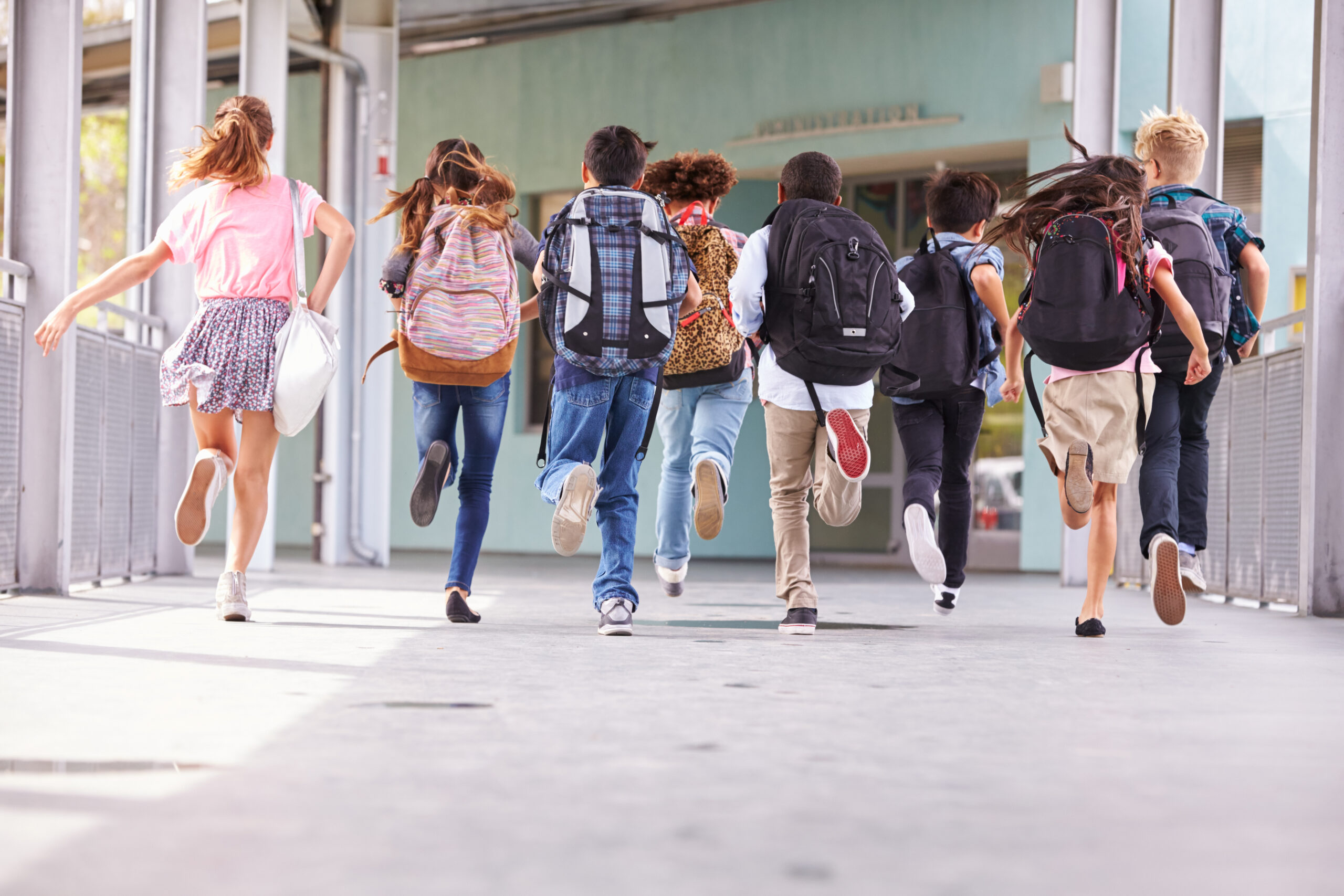Bibliography:
- Pérusse, R., Goodnough, G. E., & Lee, V. V. (2009). Group Counseling in the Schools. Psychology in the schools, 46(3), 225 - 231.
- Herring, Roger D., & American Counseling Association. (1998). Career Counseling in Schools : Multicultural and Developmental Perspectives. Alexandria, VA: American Counseling Association.
- Learning Portal. (2021). The psychosocial school environment. https://learningportal.iiep.unesco.org/en/issue-briefs/improve-learning/the-psychosocial-school-environment
- UNESCO. Psychosocial Support for Elementary School-ages Children. https://en.unesco.org/sites/default/files/tor-psychosocial_support-elementary.pdf
- Duckworth, A., Gendler, T. S., & Gross, J. J. (2014). Self-Control in School-Age Children. Educational Psychologist, 49(3). https://www.researchgate.net/publication/264089455_Self-Control_in_School-Age_Children
- Curletto, A. (n.d.). How To Model & Teach The Art Of Self-Control In Your Classroom. James Stanfield. https://stanfield.com/teach-self-control/
- Venables, E., Whitehouse, K., Spissu, C., Pizzi, L., Al Rousan, A., & di Carlo, S. (2021). Roles and responsibilities of cultural mediators. FMR, 66. https://www.fmreview.org/issue66/venables-whitehouse-spissu-pizzi-alrousan-dicarlo
- European Centre for Modern Languages. (2004). Cultural mediation in language learning and teaching. Council of Europe Publishing. http://archive.ecml.at/documents/pub122e2004_zarate.pdf
- Aronson, R.E., Lovelace, K., Hatch, J. W., & Whitehead, T. L. (2013). Strengthening Communities and the Roles of Individuals in Building Community Life. Oxford University Press. https://oxfordmedicine.com/view/10.1093/med/9780199939220.001.0001/med-9780199939220-chapter-24
- Spectrum. (2017). Strengthening Your Community. https://spectrumam.com/build-strong-community/
- Mun Refugee Challenge. (n.d.). Social inclusion of refugees. https://www.unhcr.org/5fc126354.pdf

Login
Accessing this module requires a login. Please enter your credentials below!


